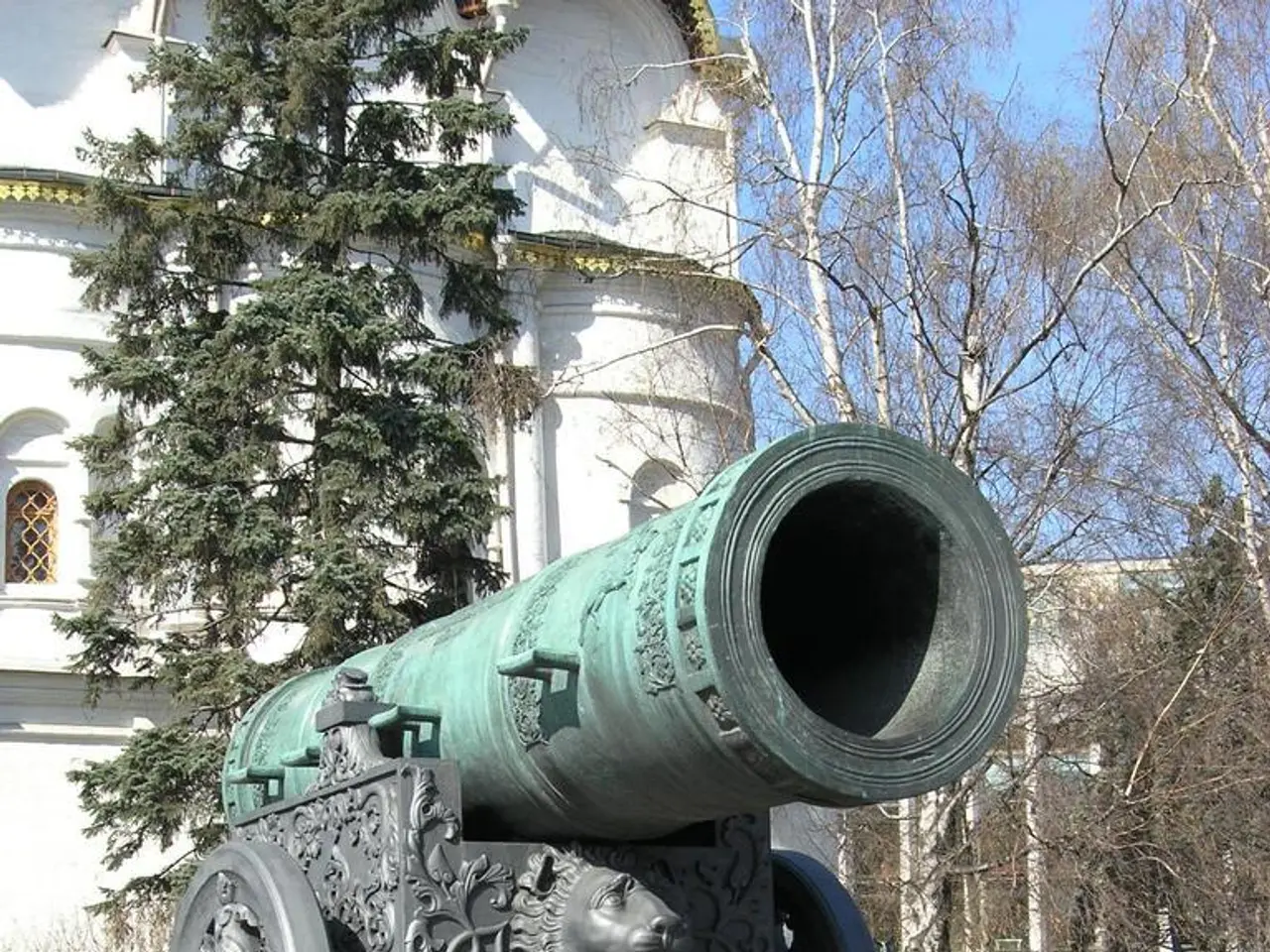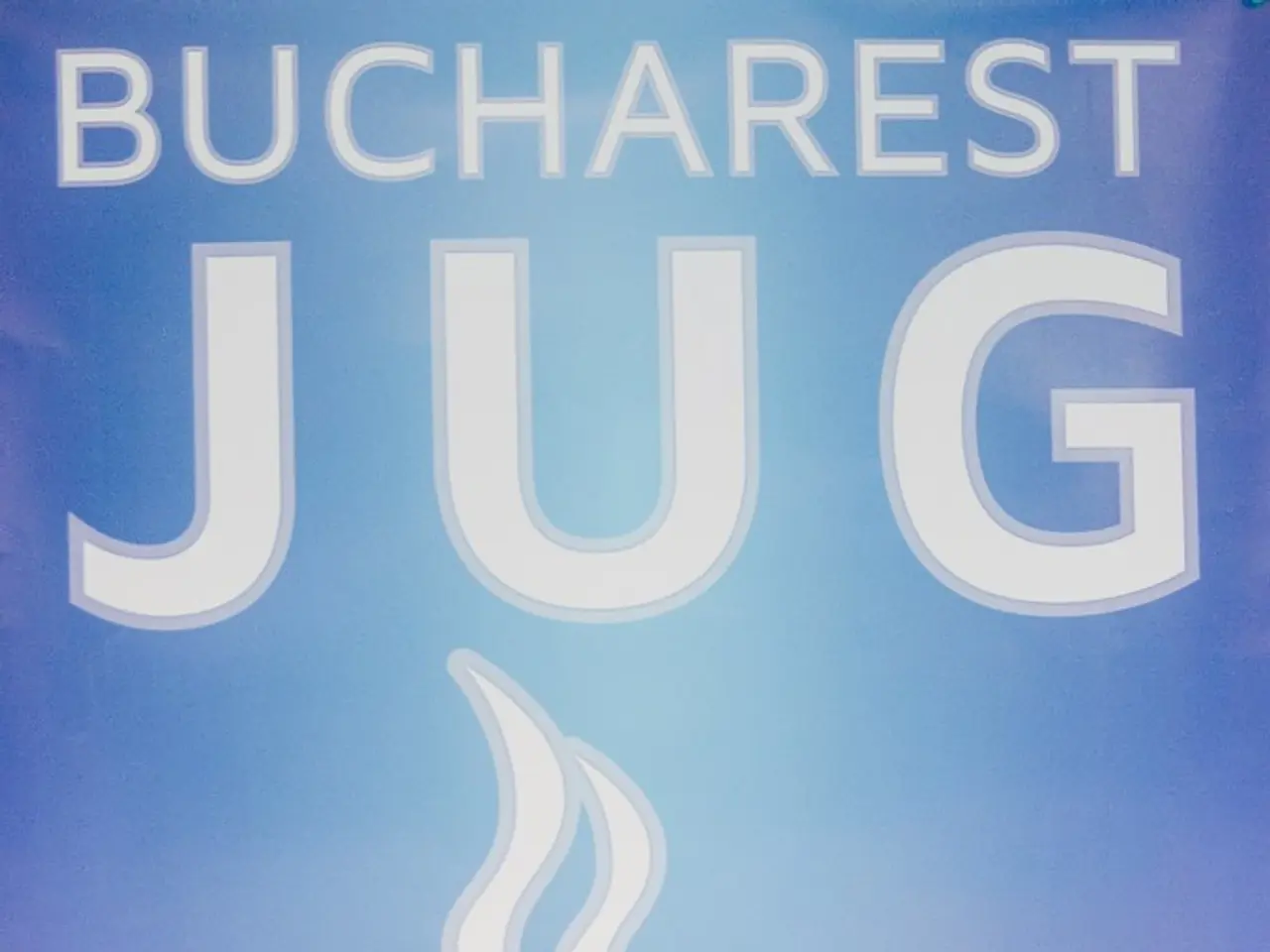Financial leader Silvanov assures no tax hike amid financial turmoil, despite the severe budget distress.
Facing the Storm
Russian Finance Minister Anton Siluanov has spilled the beans about the nation's financial situation, admitting the economic conditions are as rough as a tempest. However, the core tax rates won't experience a drastic transformation, according to the minister.
Kicking off a business breakfast, Sberbank CEO Herman Gref described the present state of Russia's economy as an "ideal storm," a term that encapsulates the high interest rate's influence on business profitability and the productivity gap compared to advanced countries.
Speaking at the event, organized by Sberbank during the St. Petersburg International Economic Forum, Siluanov stated, "The budget's being tossed around seriously. But we agreed last year not to touch the tax rates fundamentally, and that's correct."
To maintain financial stability, Siluanov suggested two strategies. First, he urged a more frugal approach to our ambitions, and second, he advocated for a harmonious blend of budget and monetary policies. "What's happening now is partly due to a lack of coordination," he clarified.
The ministry emphasized the importance of avoiding "unpredictable risks" and advocated shifting from the state assuming all percentage risks to encouraging companies to go public. Moreover, external risks, such as oil prices, should be firmly hedged. "We need to tighten up again," the minister pointed out.
As of January 1, 2025, a five-tier progressive NDFR scale is in full force in Russia, replacing the previous flat rates of 13 and 15%. The new structure includes rates of 13, 15, 18, 20, and 22%, contingent upon income level. Notably, these higher rates apply only to income above prescribed thresholds. The Ministry of Finance estimates that this adjustment impacts around 3.2% of the working population, or approximately 2 million out of 64 million NDFR payers.
Yesterday, in response to questions about the initial outcomes of the tax amendments, Siluanov reiterated that the core motivation behind last year's changes was "fairness," ensuring that taxpayers understand precisely what they are paying for and where their money goes. Additionally, he reported no instance of taxpayers disappearing from the system due to the adjustments, with the budget revenues consistent with expectations.
In-Depth Analysis:
To combat economic challenges and external pressures, Russia has rolled out sweeping tax reforms, effective from 2025, that introduced a progressive income tax and increased corporate contributions to the federal budget. Despite the ongoing economic struggles, Siluanov indicated that there are no significant changes planned in the near future, emphasizing a need for stability and predictability in the tax system[2][3].
Siluanov acknowledges the impact of new sanctions and economic challenges on Russia's budget goals but remains optimistic about meeting those goals[3]. Coordination between fiscal and monetary policies is key to providing economic stability, the Ministry of Finance emphasized[5]. Currently, the Russian economy faces "serious turbulence," including high inflation, high interest rates, and a strong ruble, all impacting budgetary and economic decisions[4].
Despite the ruble's recent appreciation, which poses challenges for an export-driven budget, Siluanov ruled out further tax system adjustments to maintain predictability[2][4]. The Ministry of Finance is focused on protecting Russia's financial resources amid geopolitical challenges[1].
In the midst of the economic storm, Siluanov confirms that the core tax rates in business will not undergo a drastic transformation, despite the pressing financial challenges. However, Russia has implemented sweeping changes in its tax system, such as the introduction of a progressive income tax and increased corporate contributions, effective from 2025.






